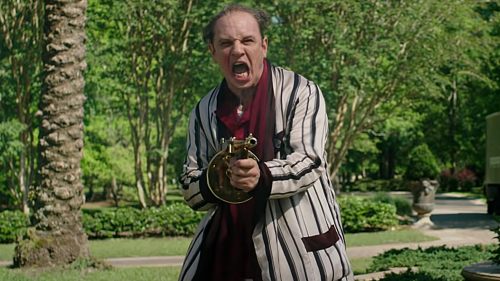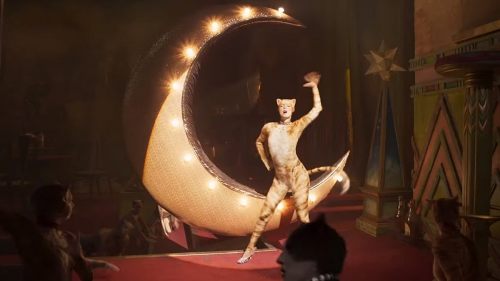GIFF 2017 Review: SCORE Scores Big
The bah-dum, ba-dum that precedes the shark’s arrival in Jaws, the screeching of strings slicing at your eardrums during the shower scene in Psycho, the rousing horns of Rocky to the braaaaahmmm bass oomph of Nolan’s Batman films – Beyond image, beyond narrative, since the dawn of cinema the score has helped shape our reception and our love of the artform.
Matt Schrader’s Score: A Film Music Documentary provides a decent primer for how musical accompaniment to film has shifted from the theatre organ experience of the silents up through the orchestral swells developed by Max Steiner, the jazzy scores of John Barry, Goldsmith’s experimentation, the triumphal Wagnerian leitmotifs of Williams, the quiet piano of Thomas Newman through to Hans Zimmer’s eclecticism. With a series of illuminating talking head interviews, Schrader introduces audiences to the concepts behind composition, detailing the disparate ways that music is used as an integral part of filmmaking.
The film is most effective when we hear from some of the main purveyors themselves. Zimmer is particularly eloquent, and archive footage from the likes of Williams rounds out some of the content, but all are welcome inclusions. It’s a testament to the richness of the material that a much larger project would easily have captured interest – Giants such as Quincy Jones and Randy Newman have relatively little screen time, and teases from likes of Mark Mothersbaugh hint at what were likely quite fun interview sessions. The topic surely could be fodder for a mini-series of docs tracing the development of the form, which along with music rights clearance is probably more of a nightmare than one can imagine.
While the “boys club” is indeed reflective of the realities of the industry (with the 2017 Oscars, Mica Levi was only the fifth woman ever nominated, for her score for Jackie), it would have been nice to seek out some additional voices, particularly with regards to international cinema. Again, that’s the bane about such a rich subject, it’s almost easier to see what could be considered versus celebrating what’s actually here.
We shouldn’t solely focus on the want for more, as what we do get is still quite special. There’s a real sense of historical continuity in how the various eras intersect. Zimmer is likely not wrong when he talks of the vital importance of film composers in keeping working orchestral performers employed, and the always stunning site of a full complement of musicians in Abbey Road or Air Studios is quite a thrill to any cine- or audiophile.
It’s of course easy to simply embrace Score as a jukebox of some of the greatest musical moments in film history, enjoying the sweeping musical moments as they play out against dozens of classic films. Yet the film is more than that, and if its ambitions are pragmatically restrained the work nonetheless allows for some truly sweeping moments. A companion of sorts to the likes of Visions of Light, the famed doc on cinematographers, this musical rumination on the importance and execution of film music is an admirable look at this most vital of contributions to our filmgoing experience.



